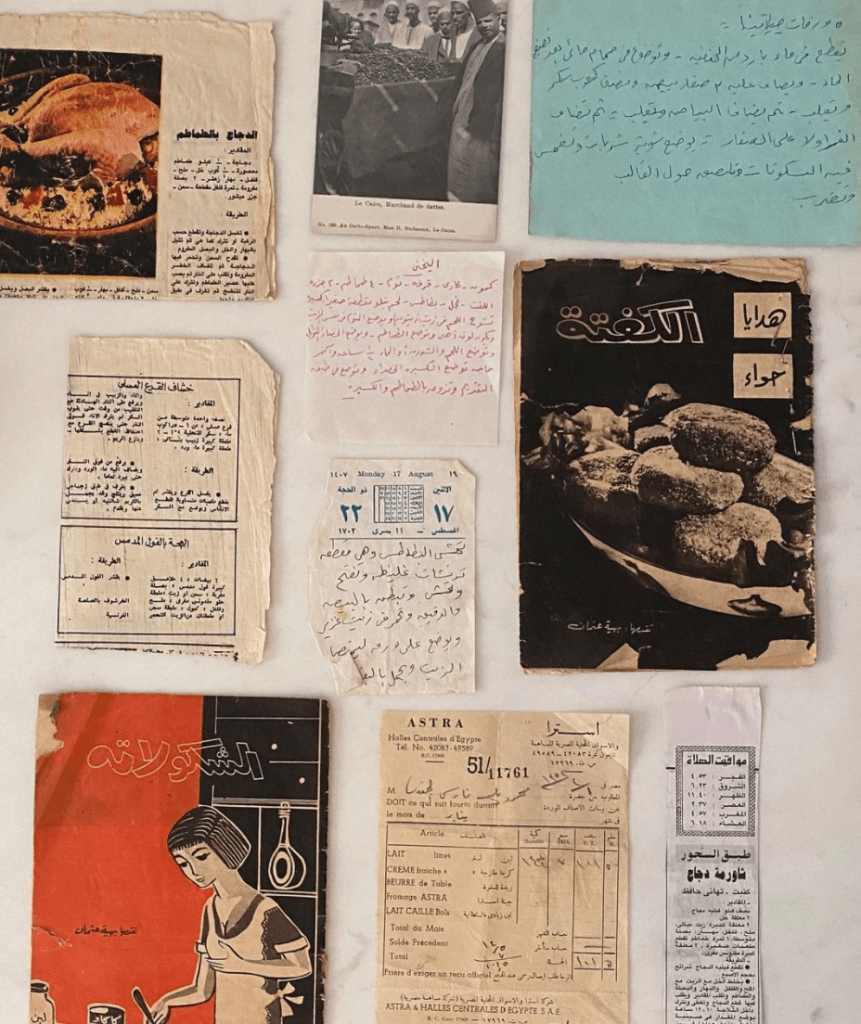Across my work, I follow the traces of systems -visible & hidden- that shape how we think of, grow, process and consume food
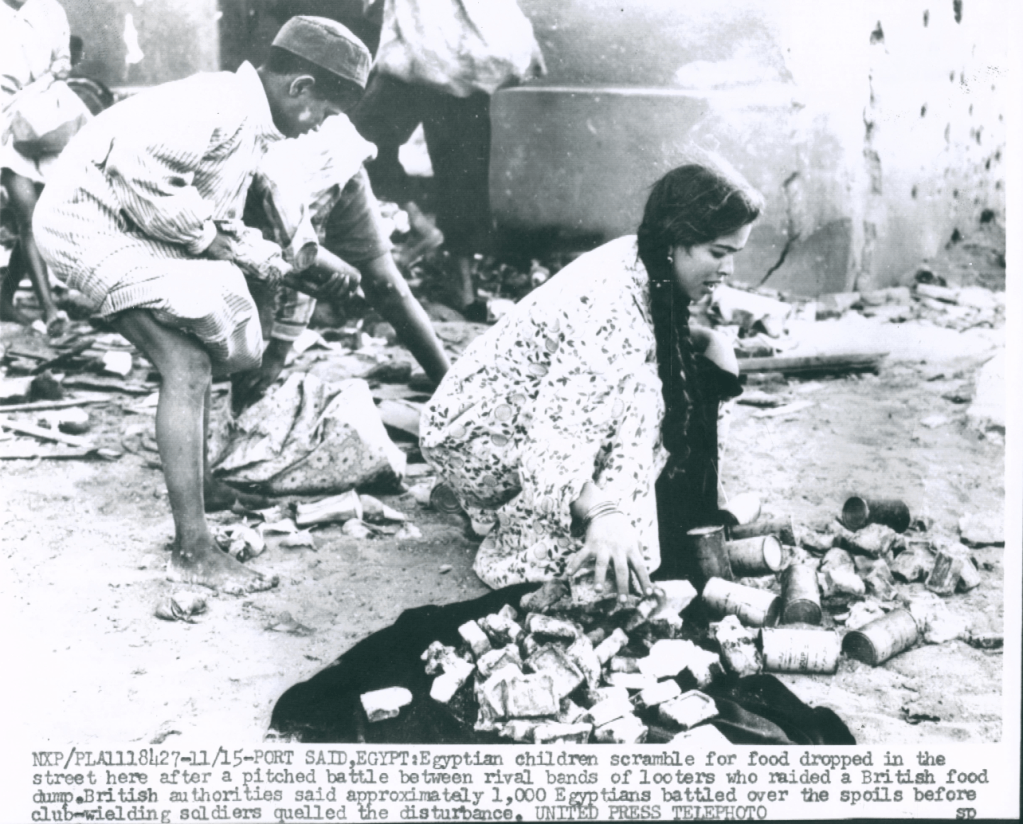
… using food as a lens towards understanding how certain reconfigurations of society, natural resources and land have been made to appear inevitable over time.
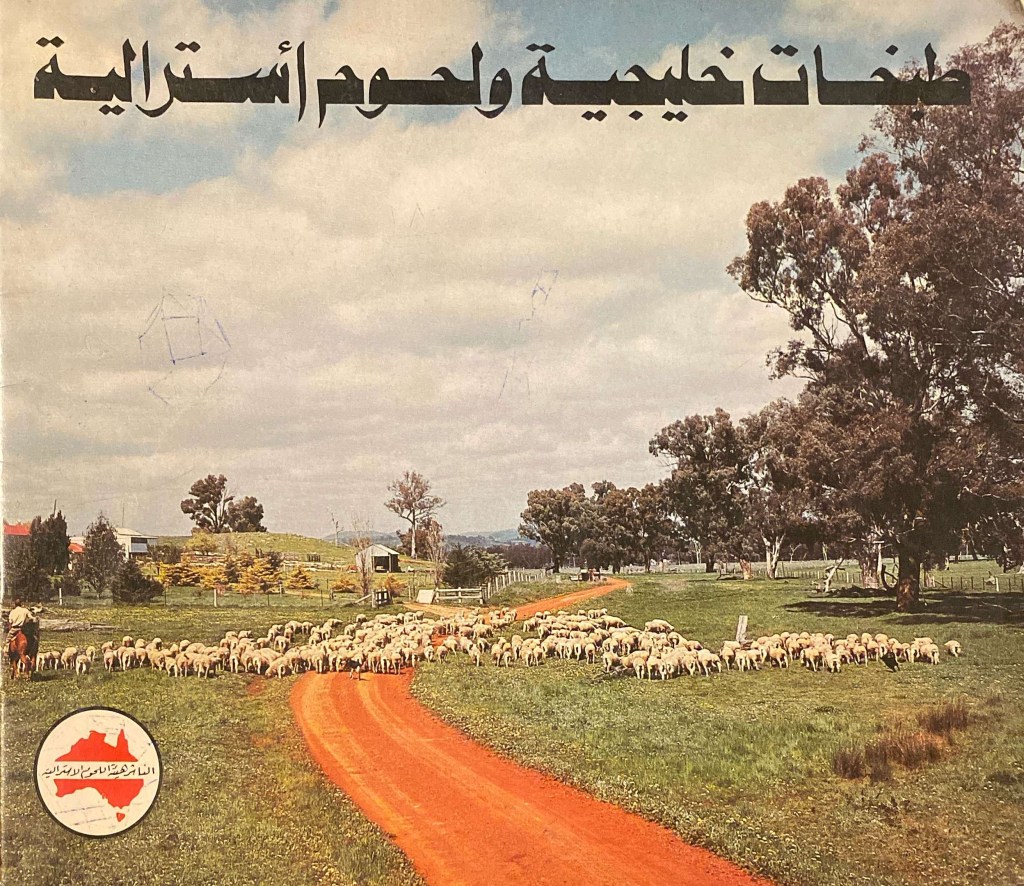
I’m interested in the moments and sites where these systems were made, transformed, or failed in the modern history of West Asia and North Africa, drawing threads to how such transformations shaped the present.
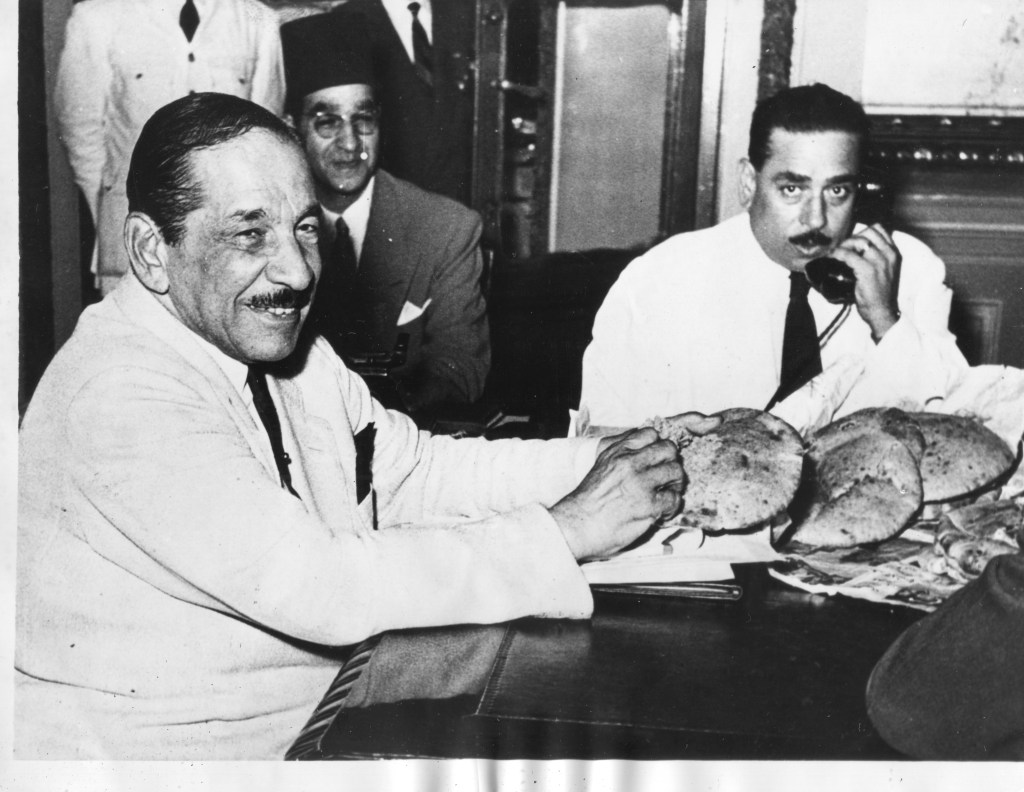
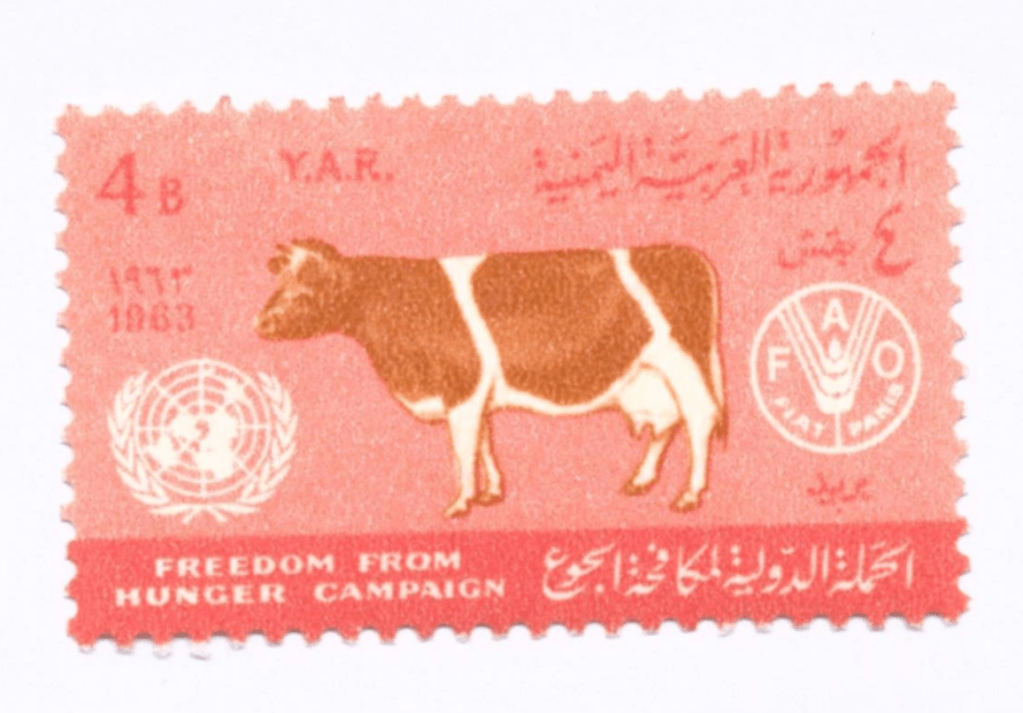
Through archiving, collective inquiry, and ongoing research, I think, play and create spaces for reflection, discussion and imagination around alternative pasts and futures.
